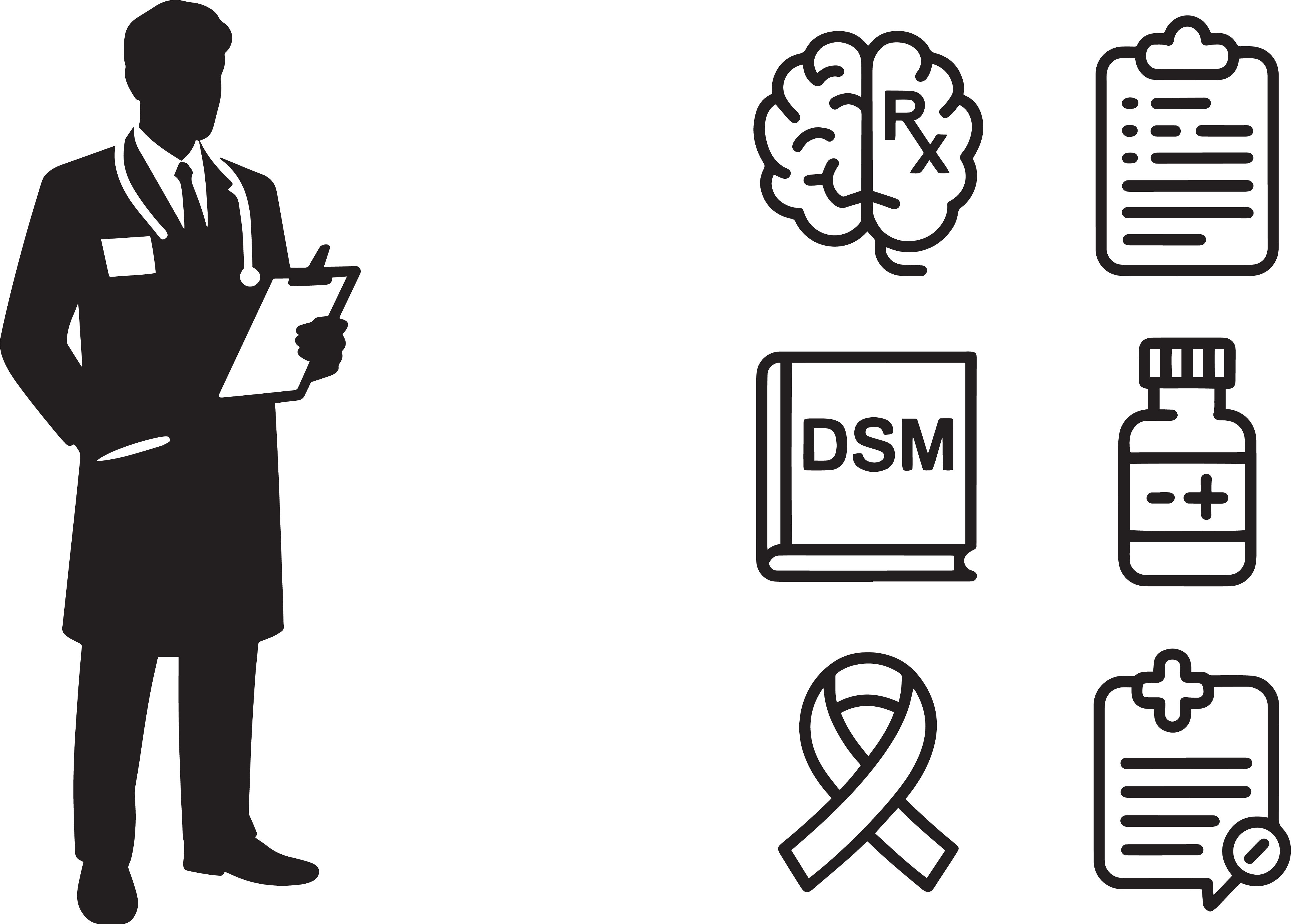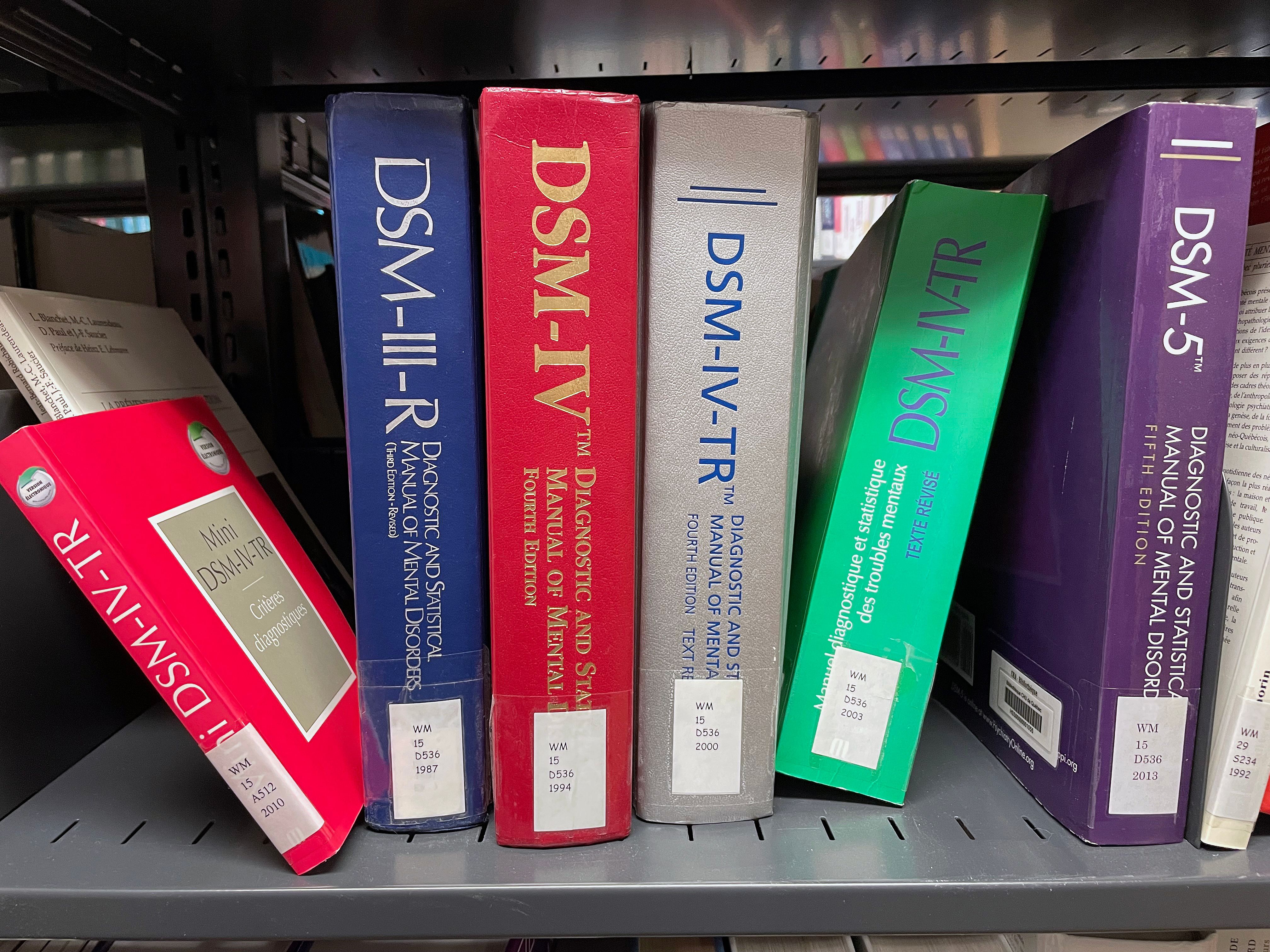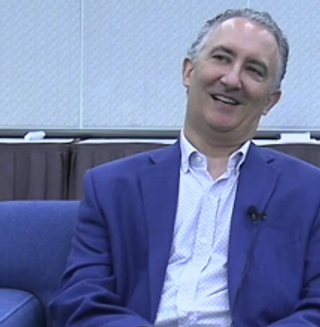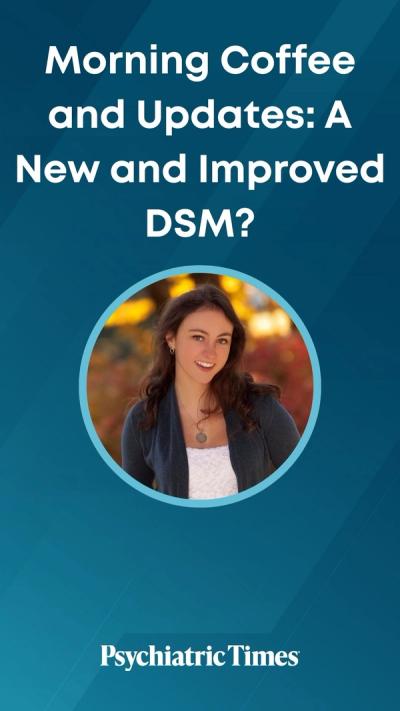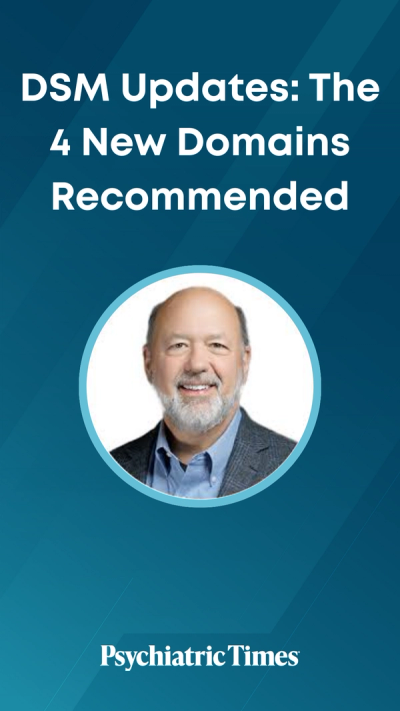
DSM
Latest News
Latest Videos
Shorts
Podcasts
CME Content
More News

It is simply not the case that the DSM diagnostic categories are defined only by symptoms...
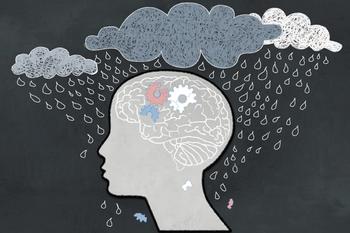
Is prolonged grief disorder an important addition to the DSM-5-TR?

It's been 9 years since DSM 5 was released. Does this revision advance psychiatric practice?

Sidney Zisook, MD, shares insights into defining depression diagnosis.

A DSM-5 diagnosis requires a biopsychosocial case formulation—not just a symptom checklist.

At a minimum, a mental disorder is considered an undesirable and unwanted condition either for the individual or the society. However, that is clearly very relativistic and does little to protect against social misuse of disorder designation.

A dysfunction-based defense against misuse of disorder designation has serious conceptual deficiencies, is vulnerable to social biases, and offers very little protection in practice.

Part 1 of a three-part series on a pertinent philosophical question in the era of diagnostic inflation: What conceptual means are available to prevent deviant and undesirable behavioral conditions from being diagnosed as mental disorders as a result of social bias and stigma?

Advances in digital publishing that allow instantaneous dissemination of changes at minimal cost have paved the way towards the adoption of a continuous improvement model for DSM, in which revisions are pegged to specific scientific advances.

The authors shed light on a disorder that is difficult to diagnose and manage, and offer insights on how to develop an appropriate treatment plan.
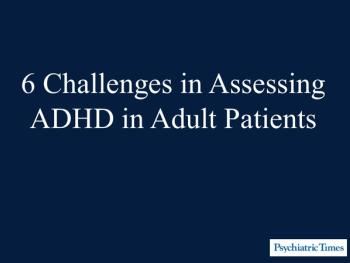
The clinical presentation and functional impacts of ADHD in adults vary greatly from their child and adolescent counterparts.

Is dysphoric hypomania a phase of mania itself? Or does it represent a descent into a mixed state?
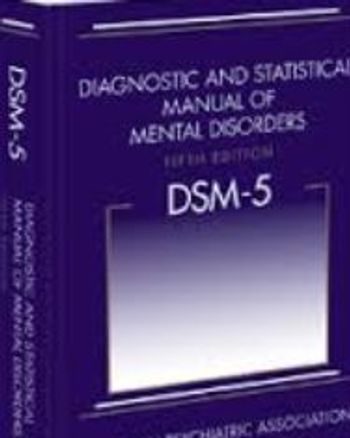
Psychiatrists can serve a pivotal role in reducing sexual offender recidivism by treating individuals with paraphilic disorders. Details here.

The authors discuss the clinical implications of the changes in the DSM-5 section on schizophrenia spectrum and other psychotic disorders.

The inability or difficulty to experience vaginal penetration is most similar to which DSM-5 disorder? Find out in this quiz.

The Prisoner’s Dilemma reveals a clear distinction between the 2 conditions.

New research demonstrates why it’s crucial to examine manic and other symptoms in their entirety when making a treatment plan.

You must assess the presenting problem and identify the appropriate diagnostic code needed for insurance billing. But diagnosis is complicated. Help here.

An exploration topics that are relevant to most clinicians who work with patients with personality disorders.

Despite its survival and final inclusion in DSM-5, narcissistic personality disorder remains a controversial diagnosis. Here: perspectives on diagnosis, treatment, and prognosis.

After a brief description of the scope of an important IOM report, this article summarizes content that is especially relevant for psychiatrists.

DSM-5 sleep-wake disorders are now more in sync with other medical disorders and sleep disorders classificatory systems. Here's what's changed.

Despite the efforts of a dedicated Work Group, DSM-5 has not significantly changed the problems with PTSD that beset DSM-IV.

Don't miss the June 28th issue of the New York Times magazine with a special series on psychiatric issues that illustrate for general readers some of the most important - and exciting - advances in our field.

The good news? Compared with our non-psychiatric colleagues, we psychiatrists are in very good shape when it comes to switching over to ICD-10-CM.

